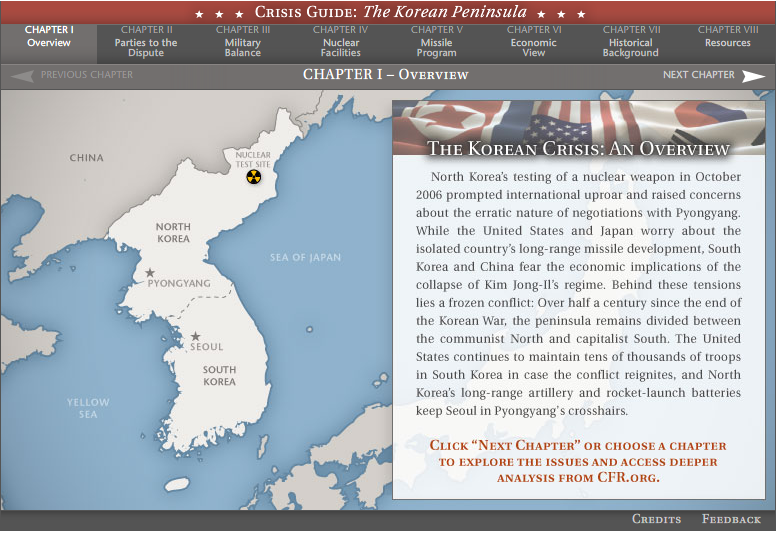CFR.org | Backgrounder: The U.S.-South Korea Alliance
/The longstanding U.S.-South Korea alliance, originally established during the early years of the Cold War as a bulwark against the communist expansion in Asia, has undergone a series of transformations in recent years. Since 1998, when political power passed for the first time from the dictatorial ruling party to the political opposition, the United Democratic Party, successive UDP governments have steered a more independent course from Washington, sometimes leading to friction. During the tenure of President George W. Bush, the once solid alliance went through a difficult period. Among the many issues that bedeviled ties was disagreement over how to handle Pyongyang’s erratic behavior, a generational divide in South Korea on the alliance and the U.S. military presence that underpins it, an ascendant China, and disagreements during bilateral trade negotiations. In 2007, the countries signed a bilateral free trade accord and agreed to a rearrangement of the military command structure that gives Seoul a greater say in its own defense. They also narrowed their differences on North Korea policy. In 2007, a conservative, Lee Myung-bak of the Grand National Party, won South Korea’s presidency, and his party followed up with victories in 2008 parliamentary elections, ending two decades of UDP dominance. Lee strongly supports the U.S. free trade agreement and takes a harder line on North Korea unlike his two predecessors.
Co-authored by Carin Zissis and Youkyung Lee

